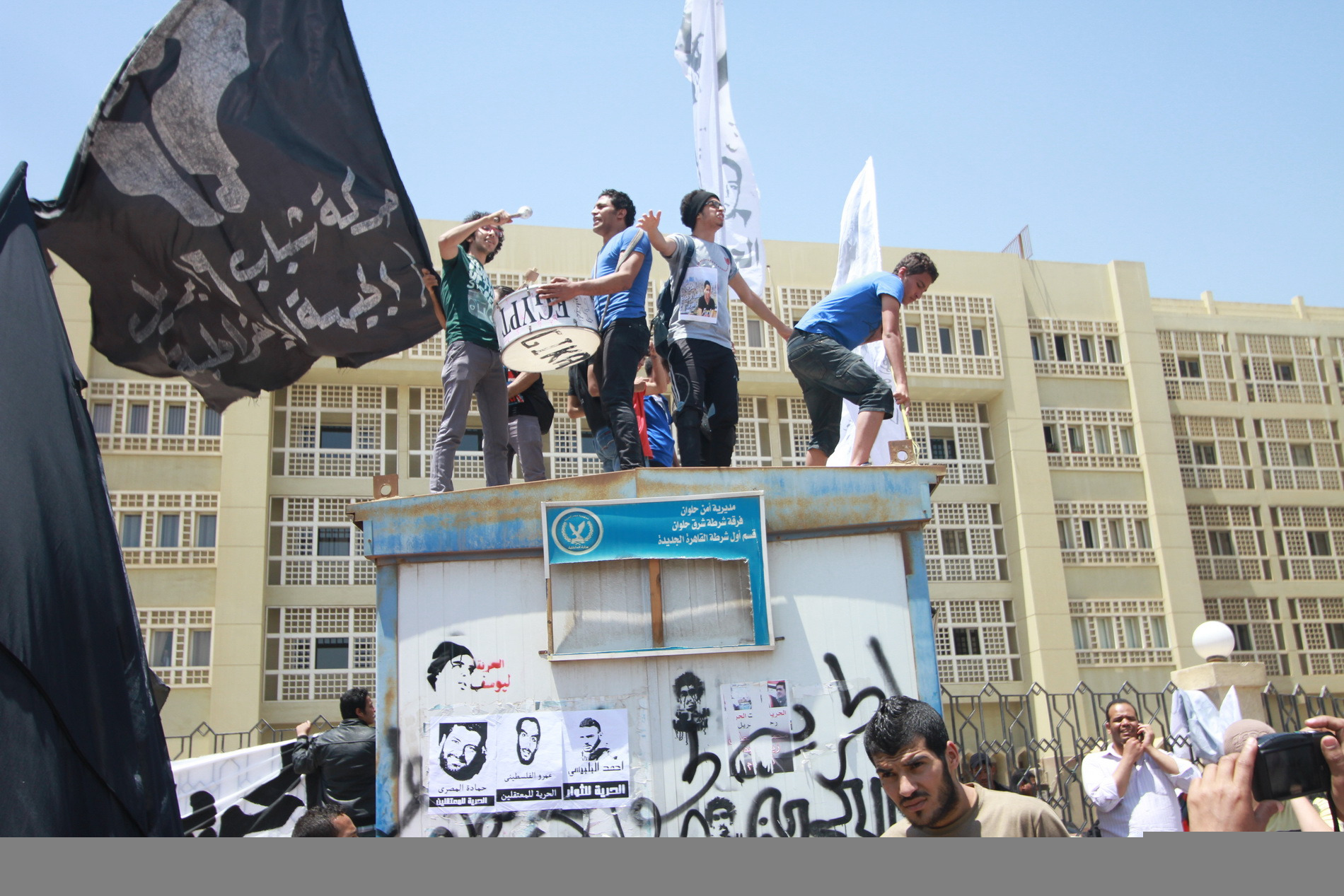The West Cairo Military Court adjourned on Sunday the trial session in the case publicly known as the “specialised intelligence committee” case to 24 April to issue a verdict.
The eight defendants were sentenced as part of a larger trial wherein 28 defendants were charged with planning to assassinate army personnel, sabotaging electrical and communication infrastructure, and operating under the auspices of the international direction of the Muslim Brotherhood, according to the prosecution.
The postponement on Sunday marks the second time the court has postponed the verdict. The 13 March session was previously adjourned. The court initially referred the files of eight of the defendants to the grand mufti, a procedural step prior to approving final death sentences, on 7 February.
The court said on Sunday the mufti did not send back his judgment on the case, which is the same reason for the last session’s postponement. Rights lawyer Mohamed El-Baker told Daily News Egypt following the 13 March session that the delay of the mufti’s opinion on the sentences is not irregular, asserting that it is of a consulting nature and not binding to the court.
Some of the defendants in the case were considered by rights groups and activists as having been “forcibly disappeared” before being shown in a video, released by the Ministry of Defence in July 2015, confessing to being members of a terrorist network and claiming responsibility for attacks on state facilities and personnel.
Among the eight set to be sentenced to death there are defendants as young as 19-year-old engineering student Abdel Basseer Abdel Raouf.
Campaigners in solidarity with Abdel Raouf and other defendants liken the case to the military trial of the Arab Sharkas Cell, in which the defendants were accused of killing soldiers during a military raid in the village of Arab Sharkas in March 2014. Despite lack of evidence, the six men were sentenced to death and executed last May, according to Human Rights Watch.
The Egyptian state’s practice of prosecuting civilians in military courts has been widely criticised by human rights advocates, especially after the state began to increasingly target university students.



